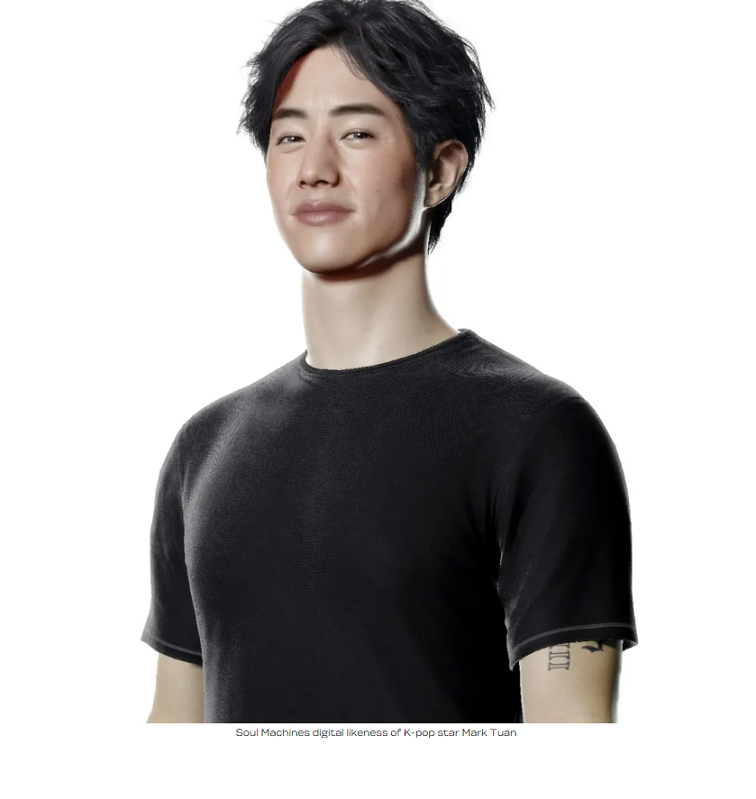AI is raising concerns over personal identity rights
AI is pushing the boundaries of identity rights, as dramatized in a recent episode of the sci-fi dystopia series Black Mirror. In ‘Joan is Awful’, a Hollywood actress discovers that her AI likeness is starring in a streaming drama without her consent. With generative tools like Midjourney making it easier to create convincing footage, reality is beginning to mirror fiction.
The US actors’ union SAG-AFTRA has joined screenwriters in taking strike action, in part to address the threat of generative AI to their livelihoods. A key concern centers on studios’ rumored plans to substitute background performers (or extras) for AI-generated characters based on their scanned likenesses. Big-name actors who have joined picket lines in support are also flagging concerns over potential nefarious use of their AI doppelgangers. “The artificial intelligent Brian Cox was gonna do animal impersonations,” the real Brian Cox explained at a recent London rally in support of the strikes, “I’ve never done a ****ing animal impersonation in my life.”
While the commercialisation of image and voice extends beyond actors to other performers, content creators and influencers, the issue impacts everyone. Earlier this year, Tom Graham, CEO of Metaphysic, a company that creates authorised ‘deepfakes’, submitted a copyright application for his own AI likeness, commenting in a press release, “generative AI can create content that looks and feels real, and regular people’s avatars can be inserted into content by third parties without their consent. This is not right, and we should never lose control over our identity, privacy or biometric data.”
Identity rights were also a topic of discussion at the Cannes Lions Festival in June. Rapper and entrepreneur will.i.am told the audience that “we need to ensure that every single person’s likeness and essence is owned by them. Because it’s a human right. We cannot surrender and give that up for access to somebody’s tech.” In a conversation with WPP’s CEO Mark Read, Nvidia’s Jensen Huang agreed saying, “we probably should have regulation that says no human can be counterfeited without their permission. You can’t counterfeit money; you shouldn’t be able to counterfeit people.”
We need to ensure that every single person’s likeness and essence is owned by them. Because it’s a human right. will.i.am, Musician and entrepreneur, speaking at Cannes Lions 2023
With governments worldwide working on new AI laws, it’s crucial for brands to monitor evolving regulation. China’s draft regulations on AI are said to include restrictions on content that infringes likeness rights but given the pace of technological change, regulatory frameworks often struggle to keep pace.
Amid the ongoing dispute, some performers are embracing AI’s potential. As reported in Digital twins for hire, several artists are now collaborating with businesses like Dimension Studios, Soul Machines and Metaphysic to commercialise virtual personas: celebrities like K-pop rapper Mark Tuan, model Eva Herzigova and footballer Neymar have already sanctioned AI 3D avatars of themselves for brand collaborations.
Source:Wunderman Thompson.

